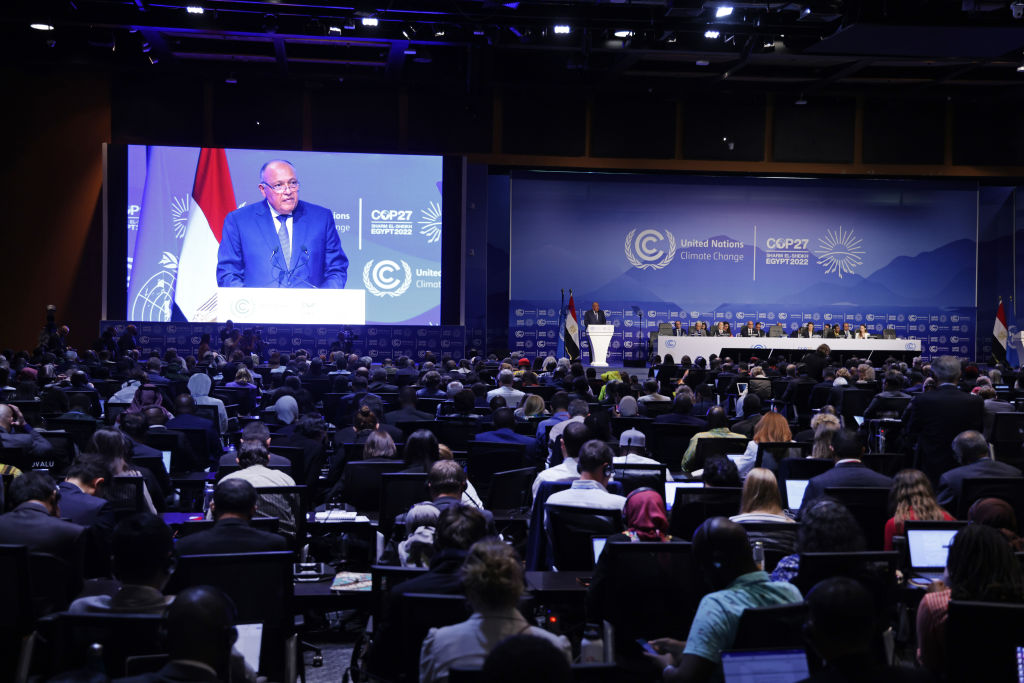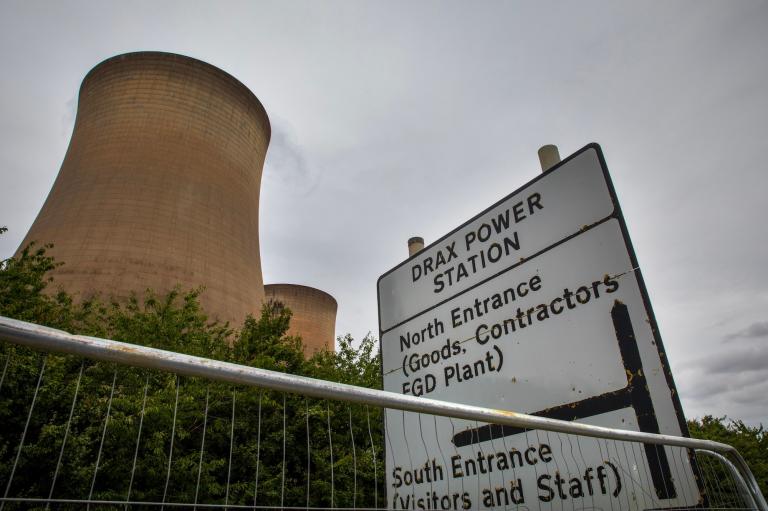Wealthy nations have long dodged calls to compensate the developing world for the loss and damage that it has suffered as a result of the 1.2 degrees Celsius that the earth has already warmed since preindustrial times. Developing nations have argued that they did little to cause climate change compared to early-industrializing countries, and yet they are hit harder by climate-fueled disasters and phenomena like sea-level rise.
The call for loss and damage funding, which in effect would be a kind of climate reparations, began in the early 1990s. But at each annual United Nations climate change conference, abbreviated as COP, rich nations including the U.S., European Union countries, and Australia found ways to sidestep the issue. They excluded loss and damage proposals from discussions, watered down any language that referred to it, and suggested alternatives such as insurance schemes instead of direct funding. The loss and damage battle at recent COPs has often centered around the written agenda for the conference. In past years, wealthy nations blocked any mention of loss and damage funding in the official agenda.
But on Sunday, the opening day of COP27 in Sharm el-Sheikh, Egypt, wealthy nations and developing countries unanimously agreed to include loss and damage funding on the conference agenda. Hailed as a historic moment in climate negotiations, the breakthrough means that loss and damage funding is poised to finally receive concerted attention from both developed and developing nations. It paves the way for discussions about a separate international fund for loss and damage — as developing nations have demanded — the role of insurance in tackling the effects of climate change, and other financial arrangements to compensate island nations and countries in the early stages of industrialization.
COP27 President Sameh Shoukry said at a press conference that he was “delighted” to see that the world’s countries adopted for the “first time an agenda item on the most important issue of loss and damage, an issue that is recognized by the vast majority of international community as a very fundamental issue that has to be addressed with transparency and dedication.”
In an attempt to avoid skirmishes that could derail the opening of COP27, climate negotiators began hammering out the details of the agenda on Saturday, one day before the official start of the conference. Still, negotiators were up until the early hours of the morning on Sunday trying to agree on the exact language that would be included in the agenda. As a result, the official start of COP27 was delayed. Ultimately, after 48 hours of negotiations, the final agenda now includes a provision on “matters relating to funding arrangements responding to loss and damage associated with the adverse effects of climate change, including a focus on addressing loss and damage.” The carefully calibrated language appears meant to sidestep linguistic disputes about what actually constitutes loss and damage, and how it relates to measures that instead look to mitigate the future effects of climate change, as opposed to paying out for present damages.
Many civil society groups celebrated the win, but they cautioned against delays in actually setting up funding. The agreement to include the issue on the agenda came with a verbal agreement to adopt “a conclusive decision no later than 2024,” which many advocates feel is too late for a final agreement.
“We cannot claim to be tackling the climate crisis if we kick the can down the road on issues like loss and damage,” said Mohamed Adow, founder and director of PowerShift Africa, a climate think tank based in Kenya, in a statement. “We’re in the continent where loss and damage is a reality. It’s not too late for this COP to deliver for Africa and the developing world where other conferences have failed them. But we can no longer dodge this vital issue.”
Climate negotiators now have two weeks to flesh out the details of loss and damage funding. Some countries have decided to strike out on their own to compensate others for loss and damage, rather than waiting for climate negotiators to set up an official international mechanism. On Monday, Belgium announced that it would directly fund loss and damage in Mozambique to the tune of $2.5 million. In the last year, Scotland, Denmark, and a group of philanthropies pledged $19.5 million toward loss and damage. Those funds are already being put to use in places like Bangladesh.




